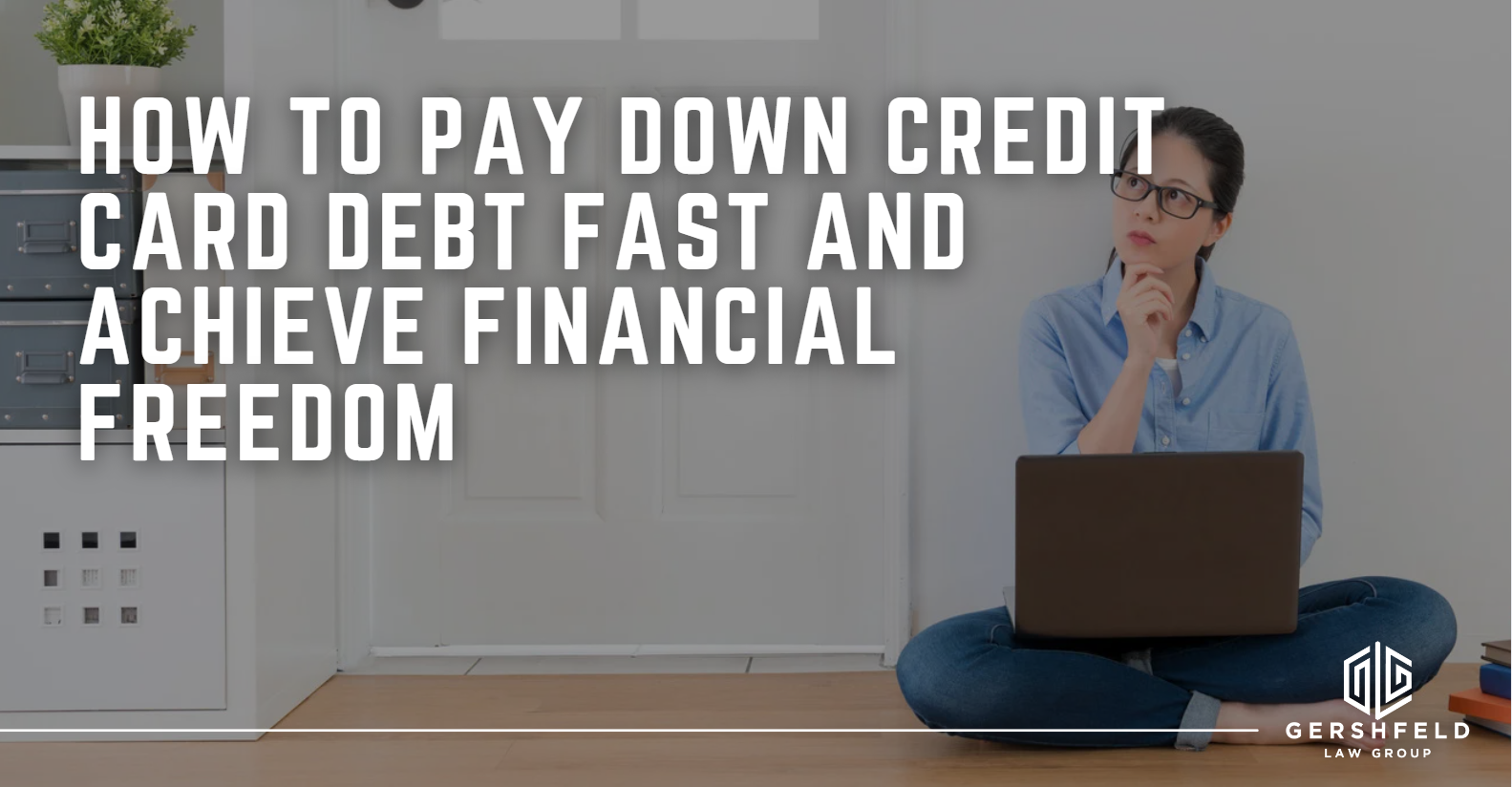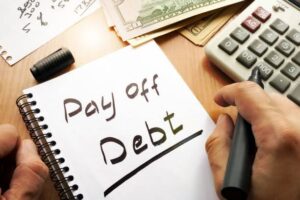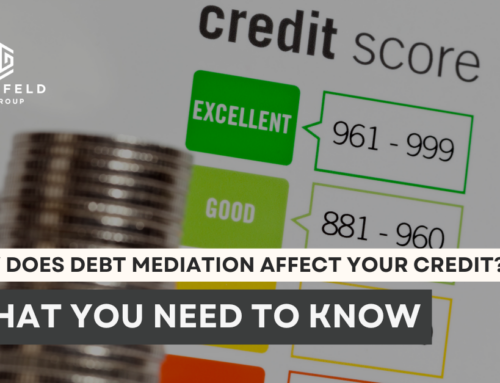For many Americans, the combination of credit cards and debt can feel like a never-ending nightmare. Despite the convenience and rewards they offer, countless individuals struggle under the weight of significant credit card debt. This blog addresses this pressing issue by providing actionable insights and effective strategies for managing and overcoming this financial burden.
In this blog, we will discuss how to pay down credit card debt and learn practical techniques for reducing outstanding balances and minimizing interest charges, allowing you to take control of your finances.
Understanding Credit Card Debt
Credit card debt refers to the outstanding sums on people’s credit cards, which usually incur interest if not paid in full by the due date. This form of debt can be incurred through ordinary purchases, crises, or even travel expenses, making it a useful but frequently risky financial tool.
According to the Federal Reserve Bank of New York’s Center for Microeconomic Data, credit card debt in the United States had reached a staggering $1.14 trillion by the second quarter of 2024. This disturbing figure reflects a growing trend in which many Americans are imprisoned under the weight of their credit card debt.
How To Pay Off Credit Card Debt Fast
Want to learn how to get out of credit card debt? Try pausing your spending. Although it may not align with your long-term financial goals, viewing it as a temporary measure—”not right now” instead of “never again”—can provide a healthier mindset. It’s essential to avoid letting new expenses undermine the hard work you’ve put into paying down debt.
Another practical step to learn how to pay down credit card debt is to remove your credit cards from your wallet and store them in a secure location. Additionally, consider deleting your card information from online shopping sites. By making your cards less accessible, you’ll reduce the temptation to overspend.
When it comes to paying down your debt, it’s crucial to recognize the limitations of making only the minimum payments. This approach can lead to minimal progress due to accrued interest, which often compounds over time. Imagine your monthly payment as a chisel: a small payment is like a tiny chisel, slowly chipping away at your balances, while a larger payment acts as a powerful tool, blasting through debt much more efficiently. However, sticking with minimum payments can be costly in the long run.
Deb settlement may be the best option for those struggling with significant credit card debt. This process involves negotiating with your creditors to reduce the total amount owed. Here’s why debt settlement can be advantageous:
- Reduced Total Debt: By negotiating a lower payoff amount, you may pay significantly less than what you originally owed.
- Faster Relief: Debt settlement can provide a quicker path to financial freedom than traditional repayment methods, allowing you to resolve your debts in a shorter time frame.
- Avoiding Bankruptcy: For many, debt settlement is an alternative to bankruptcy, helping to protect one’s credit score while still achieving debt relief.
- Professional Assistance: Many debt settlement companies can help negotiate on your behalf, making the process less stressful and more manageable.
While debt settlement isn’t without its challenges, such as potential impacts on your credit score, it can be a strategic option for those overwhelmed by credit card debt. With the help of Gershfeld Law Group, you’ll learn the ins and outs of debt settlement, providing you with the knowledge and tools necessary to make an informed decision about your financial future.









